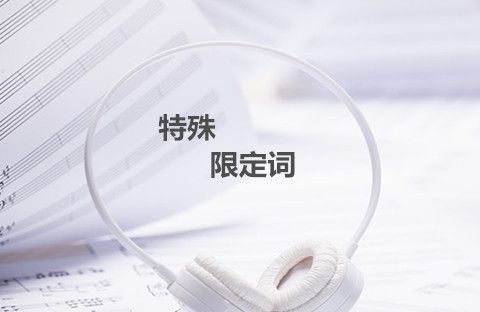如何让自己的英语听起来很礼貌
|
爱思英语编者按:老外们时常议论,很多中国人在说英语时,听起来没有礼貌;并不是这些中国人本身没礼貌,而是他们还没有习惯英语的礼貌表达方式。
Being polite is important in all languages especially if you are asking someone to help you. We all know that if we want things to be done whether in our personal or professional lives, it pays to be polite. You won’t get far by being rude or impolite. Different cultures have different ways of tackling politeness. In English Language cultures, the need to be polite and to use the correct expressions is essential. Not only will people appreciate it, they will see you as a competent English Language speaker. There are a few polite expressions that are frequently used in the English Language and it is important for learners to know how to use them correctly and in the right context. I’d like to share with you 5 of the most widely used polite expressions and show you how to use them correctly. 1. Excuse Me You would use “excuse me” if you need to go past somebody, for example, if they’re blocking your way. Similarly, if you need to get someone’s attention you would start the phrase with “excuse me”: Excuse me, could you tell me the way to Charing Cross station? 2. Sorry We love saying “sorry” especially in the UK! Sorry or I’m sorry is frequently used when we need to apologise for something small, for example, if you’re late or you’ve made a small mistake: Sorry I’m late. The traffic was terrible. “I beg your pardon” is a formal expression which you might hear someone use. I beg your pardon, I didn’t see you standing there. Pardon? I didn’t quite hear that. Could you repeat the number please? One expression that is most definitely not polite is “What?”. If you use it when you haven’t heard or understood something, you may get some disapproving looks from the other person. 3. I’m afraid If you have to give someone some bad news and want to apologise for this, you would use “I’m afraid”. There’s a joke that the British like to apologise for everything, so “I’m afraid” is almost a default phrase at the tip of their tongues! I’m afraid I won’t be able to attend the meeting next week. 4. Please If you ask for something (ask a favour) or want somebody to do something for you, using “please” is a must in English. Could you give me a hand, please? 5. Thank you It is normal to say “thank you” or “thanks” when somebody gives you something or you receive information. Also, when you buy something and the person hands you your goods, a “thank you” is expected. Some people may be offended if you don’t thank them. ‘Thanks’ is informal. Some people may respond to your thanks with “You’re welcome”, “Welcome”, “Don’t mention it”, “That’s all right” or “No problem” When you accept something, you would say “thank you” or “Yes, please” Would you like a cup tea? Thank you/ Thanks/ Yes, please. Would you like some more coffee? No, thank you/ No, thanks. 关于礼貌的问题,大家还可以参考一下这篇文章:为什么中国人说英语听起来没礼貌? |









